Pre School-Readiness

Certainly! Preschool readiness is a multifaceted concept that extends beyond age. While most preschools consider three to four years old as an appropriate age, individual development varies. Here are key factors to consider:
Separation Anxiety
Ensure your child is emotionally ready for the challenges of preschool. If they struggle with separation anxiety, gradual exposure to the new routine can help ease their stress.
Social Development
Children’s ability to interact with peers and engage in imaginative play is crucial. Social skills like taking turns and sharing toys lay the foundation for successful preschool experiences.
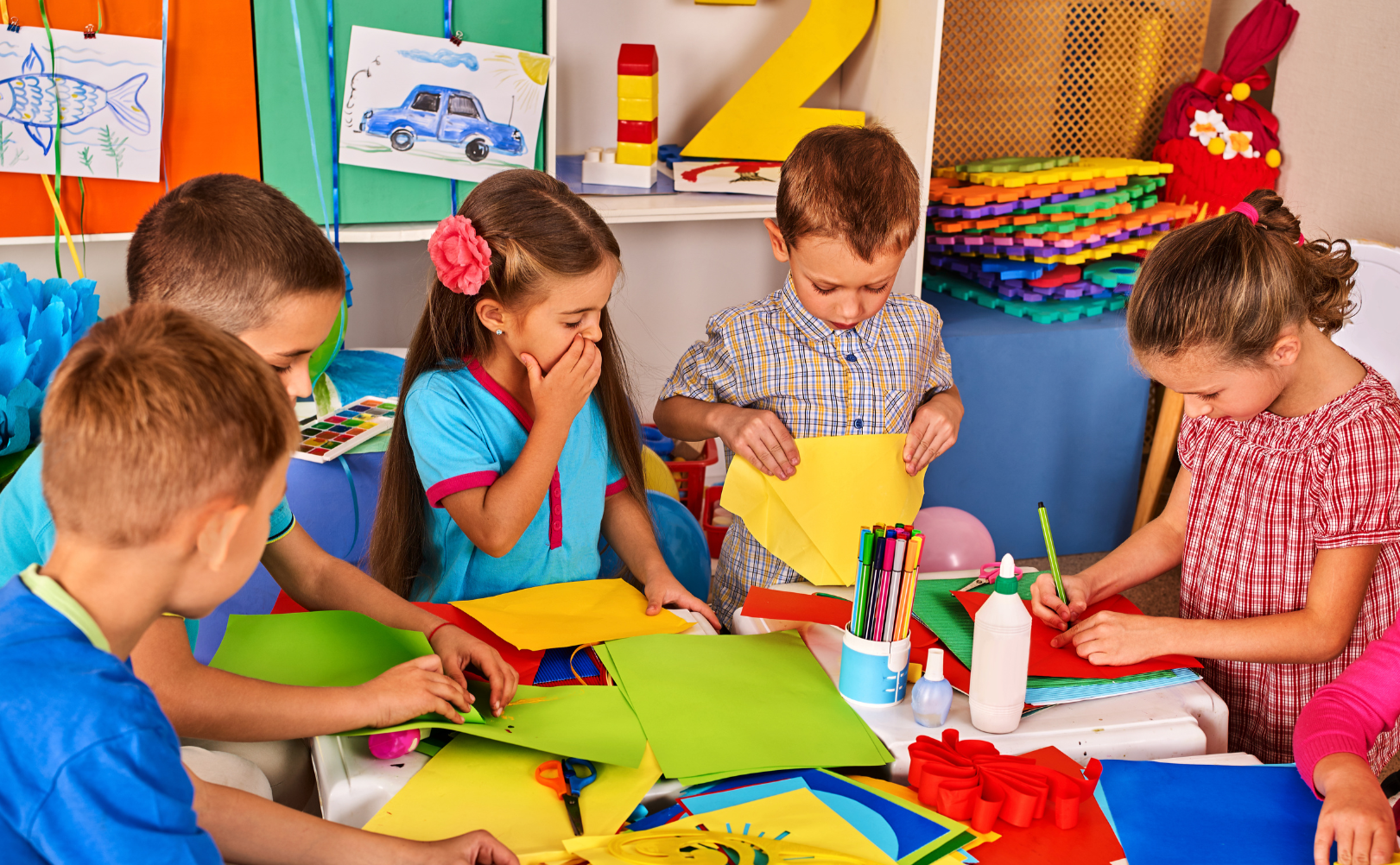
Potty Training
Many preschools require mastery of this skill. It’s a strong indicator of readiness.
Physical Development
Can your child handle classroom materials and playground equipment? Fine and gross motor skills, like using a fork or walking up stairs, prepare them for preschool.
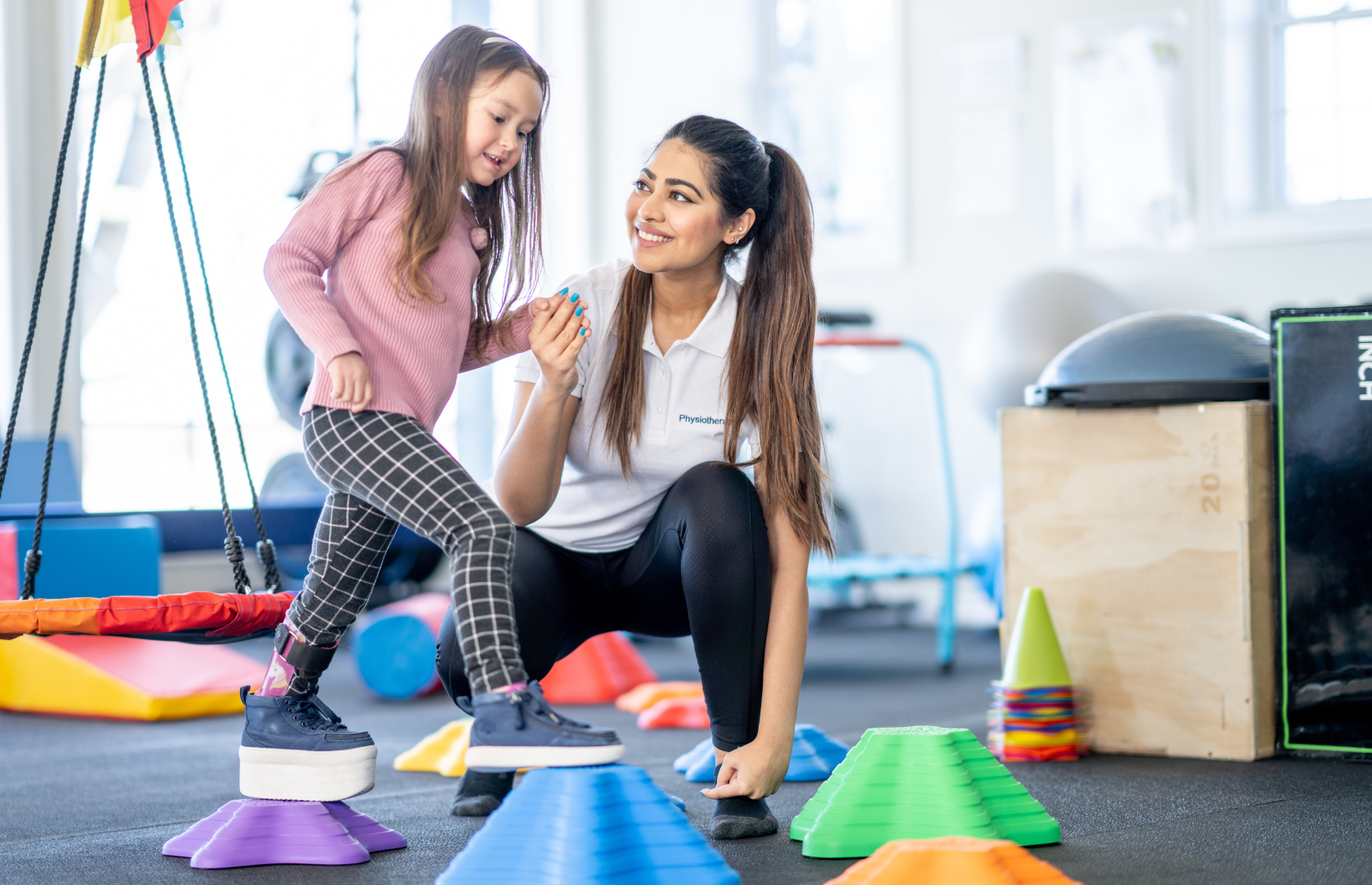
Persistence
Will your child persist through challenges? Persistence is essential for academic and social success.
Nap Necessity
Consider if your child still needs a two-hour nap. Preschools often have built-in nap times.

Curiosity and Imagination
Encourage open-ended questions and imaginative thinking.
Listening Skills
Comprehension is tied to listening skills. Children should understand basic nouns, pronouns, and simple sentences.
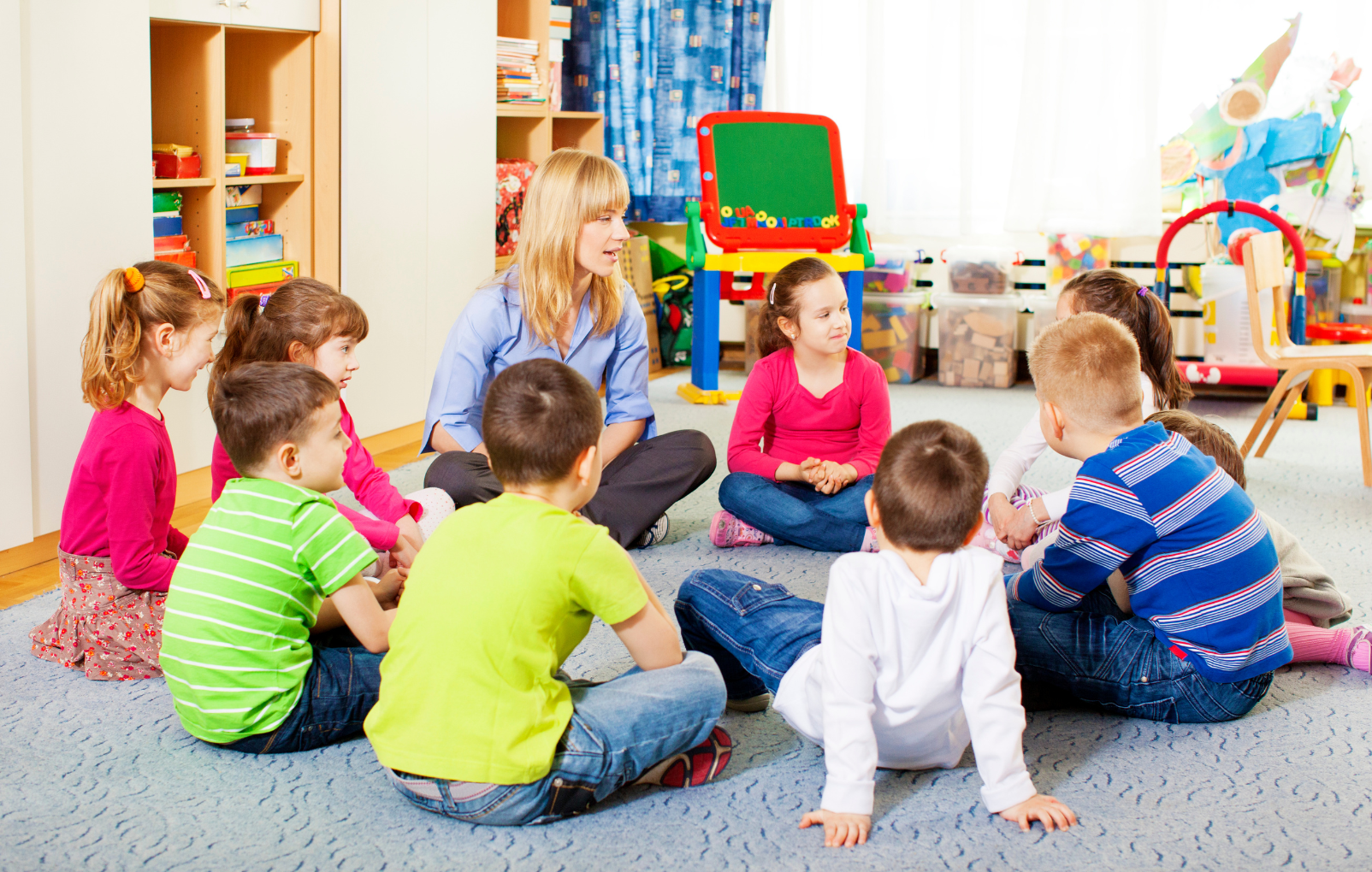
Remember, there’s no harm in waiting if your child isn’t quite ready for preschool. Part-time programs can help ease the transition. However, if you believe your child is on the cusp of readiness, consider enrolling them in a part-time program. A three-day-a-week schedule can help them adjust to the routine and structure of school.
Benefits of Preschool :
1. Rich Learning Environment
Preschool exposes children to new experiences and helps them develop essential skills.
2. Academic Performance
Preschool lays the groundwork for future academic success.
3. Socialization and Communication
Children learn to interact with peers, express themselves, and build relationships.
4. Physical Activity
Preschool encourages physical development and coordination.
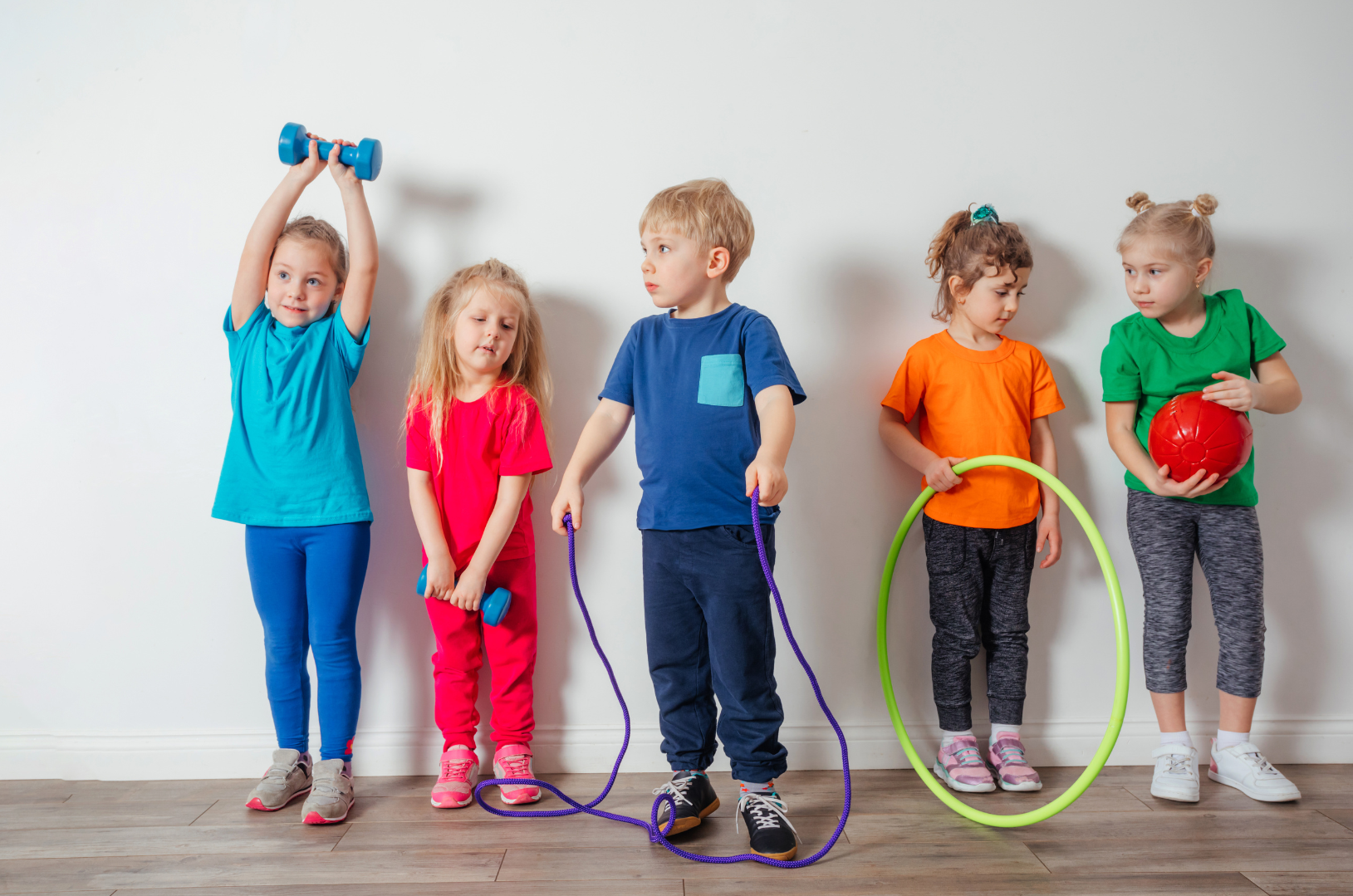
Preschool Skills: :
1. Critical Thinking
Making predictions and understanding cause-and-effect.
2. Problem-Solving
Resolving conflicts, seeking help, and showing persistence.
3. Early Literacy
Tracing letters, recognizing letter sounds, and simple rhymes
4. Early Math
Identifying numbers, patterns, and reciting numbers from one to ten.
5. Personal Care and Hygiene
Learning tasks like washing hands, brushing teeth, and getting dressed.
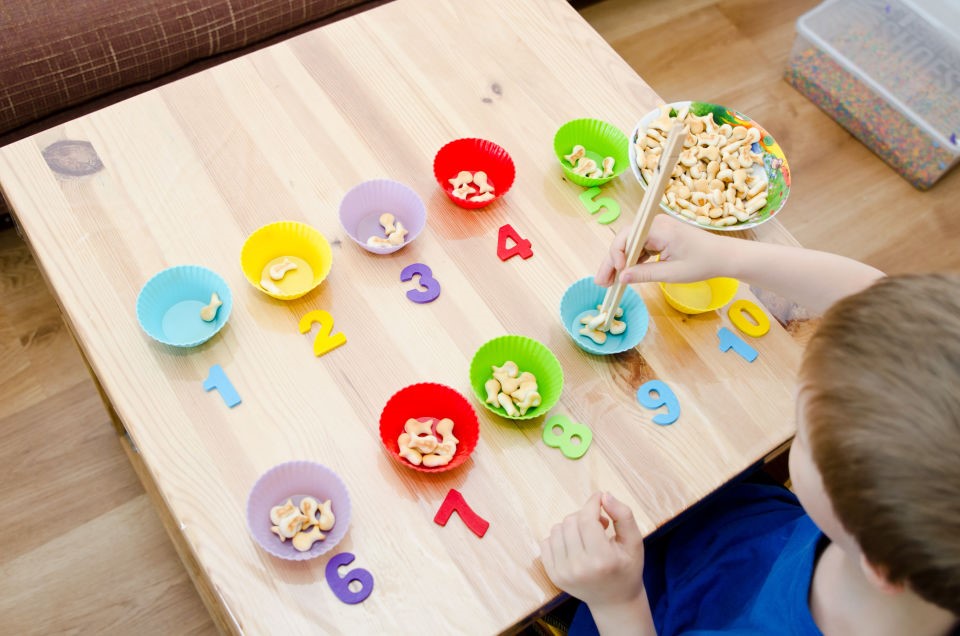
Remember, every child develops at their own pace, and waiting until they’re truly ready ensures a positive preschool experience!